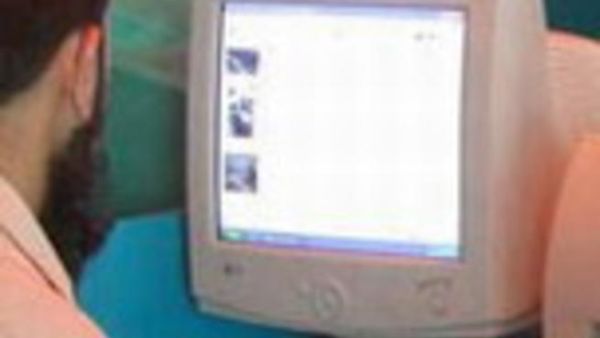If you think someone is reading your emails or tracking your Internet use, you could be right, says a leading regional information technology expert.
"More and more companies anxious about lost productivity, inappropriate activity by their staff or just plain theft are monitoring what their employees are up to on their terminals," says Balakrishnan Balasubramanian, General Manager of Dubai-based Netcare System Services, the regional distributors of Spector 360 monitoring software.
"This is a relatively new phenomenon in the Middle East but we are seeing an increasing interest in the region in line with much of the rest of the world," he added. "For example, a survey in the US recently found that three-quarters of employers monitored their employees' website visits in order to prevent inappropriate surfing and 65% used software to block connections to websites deemed off limits."
The same survey found about a third tracked keystrokes and time spent at the keyboard. Just over half review and retain email messages. Most importantly, 80% of employers disclose their monitoring practices to employees and most had established policies governing personal Internet use, including email.
The companies are using monitoring and surveillance software products to uncover Internet abuse, lost productivity, leaking of confidential information and other inappropriate activities by employees that expose companies to financial, legal and preventable risks.
"Our company has introduced to the Middle East a software application that is one of the most advanced employee monitoring and filtering tools available today and we are installing it for a growing number of our clients in the region," Balasubramanian added.
Called Spector 360, it gives companies the power to monitor computer and Internet usage across their entire organization day and night, 365 days a year - whether they are in the office, traveling or working remotely - even when they are not connected to the company network.
"It is now possible to see who is taking hours a day to browse the web for a new car or who is spending company time and money to find out how their favourite sports team performed over the weekend," Balasubramanian said.
"Research has found that finding just one employee who spends an hour a day surfing non-work-related websites and reducing that to just a few minutes a day can save a company more than 200 hours a year in lost productivity. Multiply that by 10 employees and you gain back 2000 hours in one year."
The software provide reports that identify:
• Who is spending the most time surfing web sites
• Who is spending time on shopping, sports or adult sites
• Who is chatting or using email services like Hotmail and Gmail
• Who is sending the most emails with attachments
• Who may be leaking confidential information with flash drives, CDs
• Who are the top violators of keywords that indicate abuse
• Who is printing sensitive documents
• Who is arriving late and leaving early or taking long lunch breaks
But Balasubramanian warns that companies thinking of installing surveillance software need to educate employees to make them aware of what they are allowed and not allowed to do with their computers and the Internet.
"This is best done by establishing an acceptable use policy agreed to by every employee as a precondition of employment," he said.







